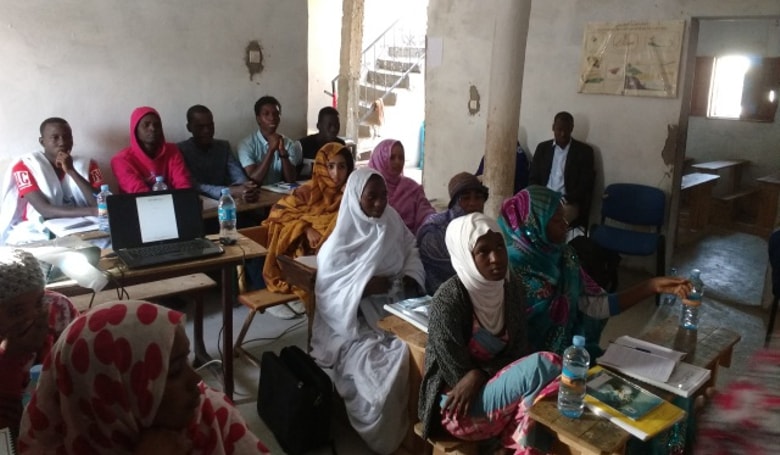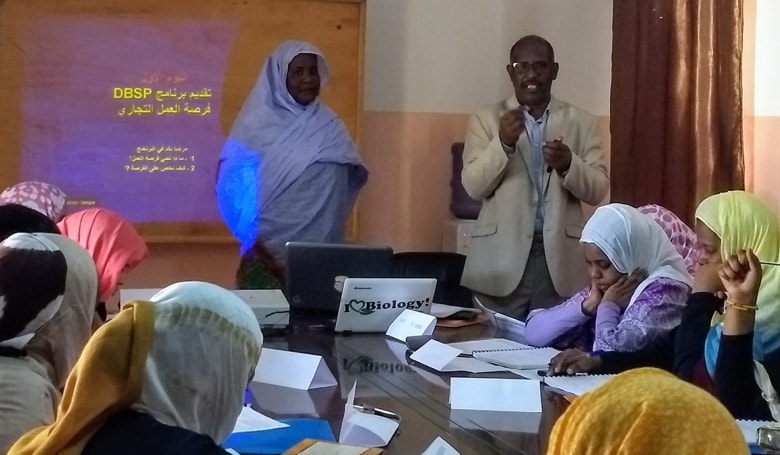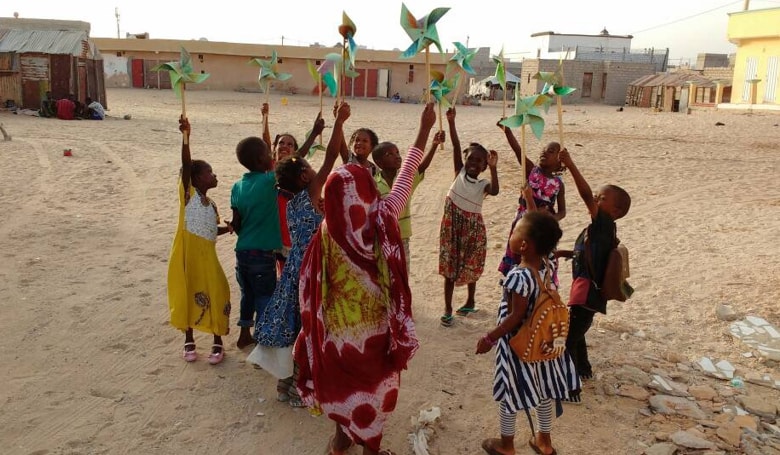Mauretanien

Kirgizistan
november 8, 2023
Pakistan
november 8, 2023Located on the west coast of Africa where the Sahara Desert meets the sea, Mauritania is often described as a bridge between the Arabic North and sub-Saharan West Africa. Its population of around 3.5 million people comprises the Arabic-speaking Moors, and various African tribes such as the Pulaar, Soninke and Wolof. Mauritania is an Islamic republic; observance of Sunni Islam is almost universal.
Mauritanians were traditionally nomadic or semi-nomadic, herding their camels and cows between the oases and feeding grounds of the Sahel and the Western-Saharan desert. However, droughts in the 1970s and 80s forced many to abandon this centuries-old way of life and settle into towns and cities.
The droughts, economic migration and high birth rate saw the capital, Nouakchott, grow rapidly from a small fishing village in 1960 to a city of around 1 million people today - 1/3 of the Mauritanian population. Many in Nouakchott live in shantytowns and ghettos without proper health care, sanitation or water supply systems. The poor struggle to feed and educate their families in the face of high unemployment (31%) and divorce.
One of the key challenges faced by Mauritania is the need to strengthen education and training to prepare people for successful careers and businesses and provide solid technical skills and vocational training. In a 2013 report produced by the World Economic Forum (WEF), Mauritania ranked 121st out of 122 countries in terms of its human capital development. According the WEF, a nation’s “human capital consists of the skills and capacities which exist in a country’s population, and it is the single-most important factor in guaranteeing long-term economic success of a country.” Operation Mercy’s partners have programs and activities are now focused almost entirely on addressing the need to strengthen human capital through training and leadership development.



